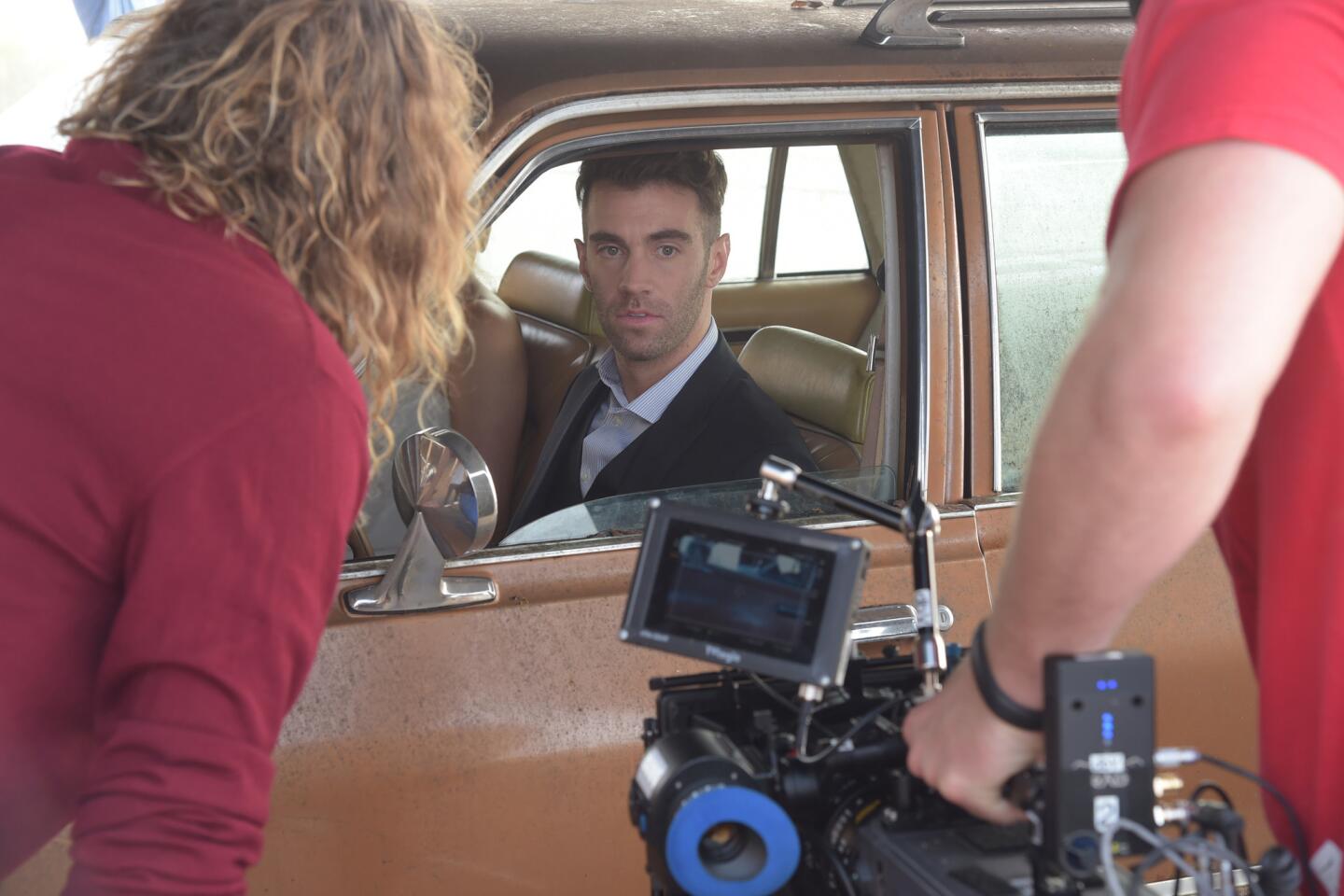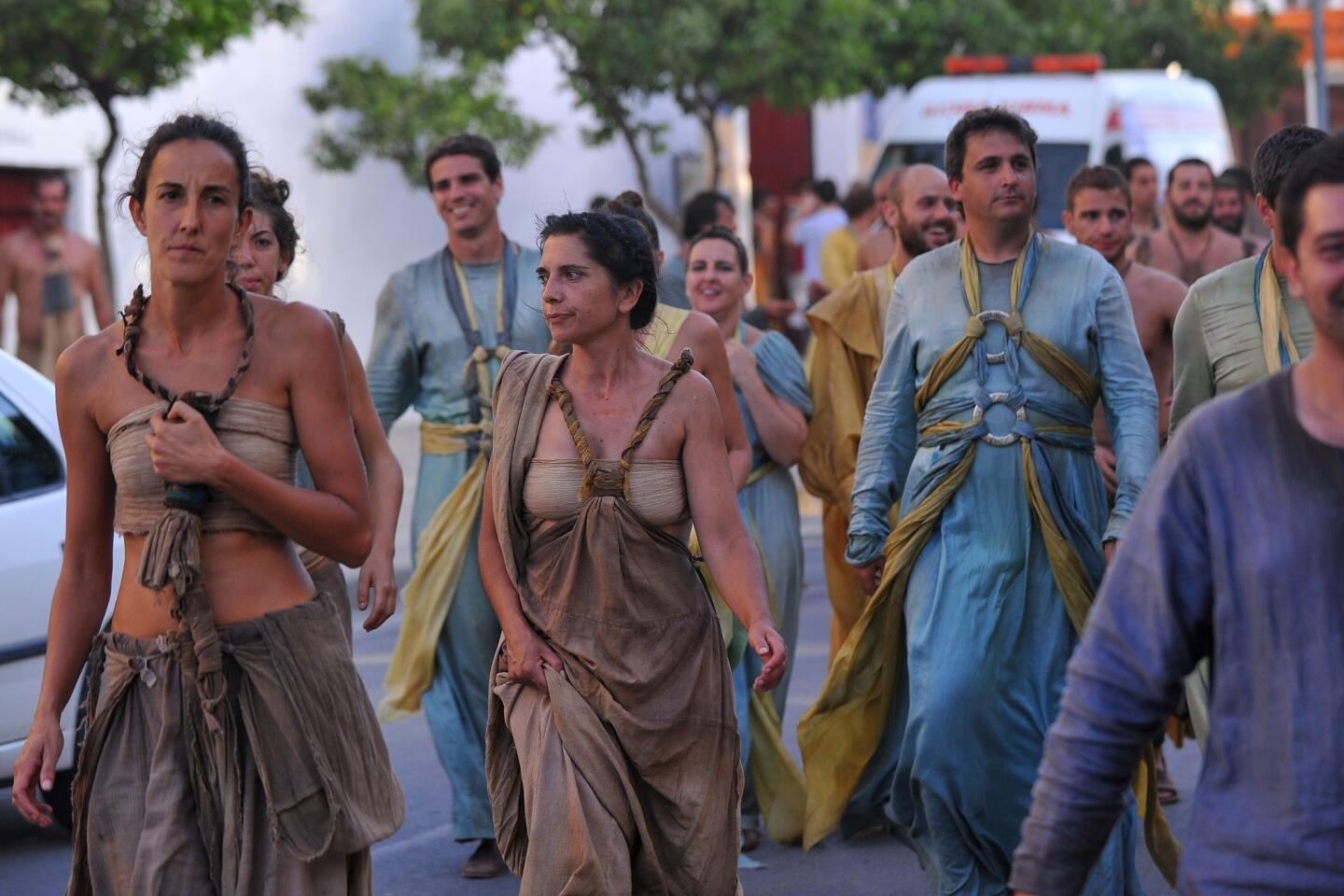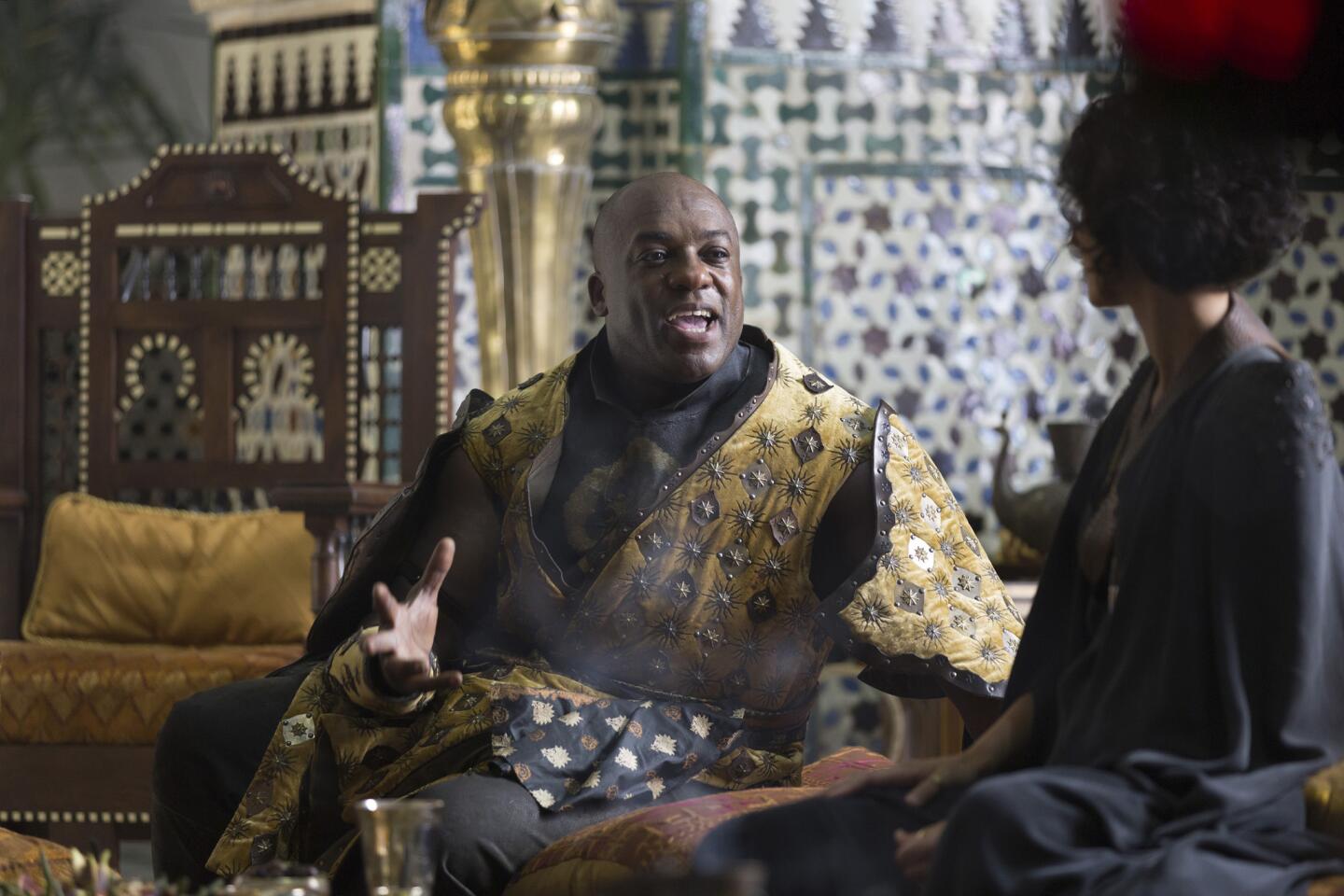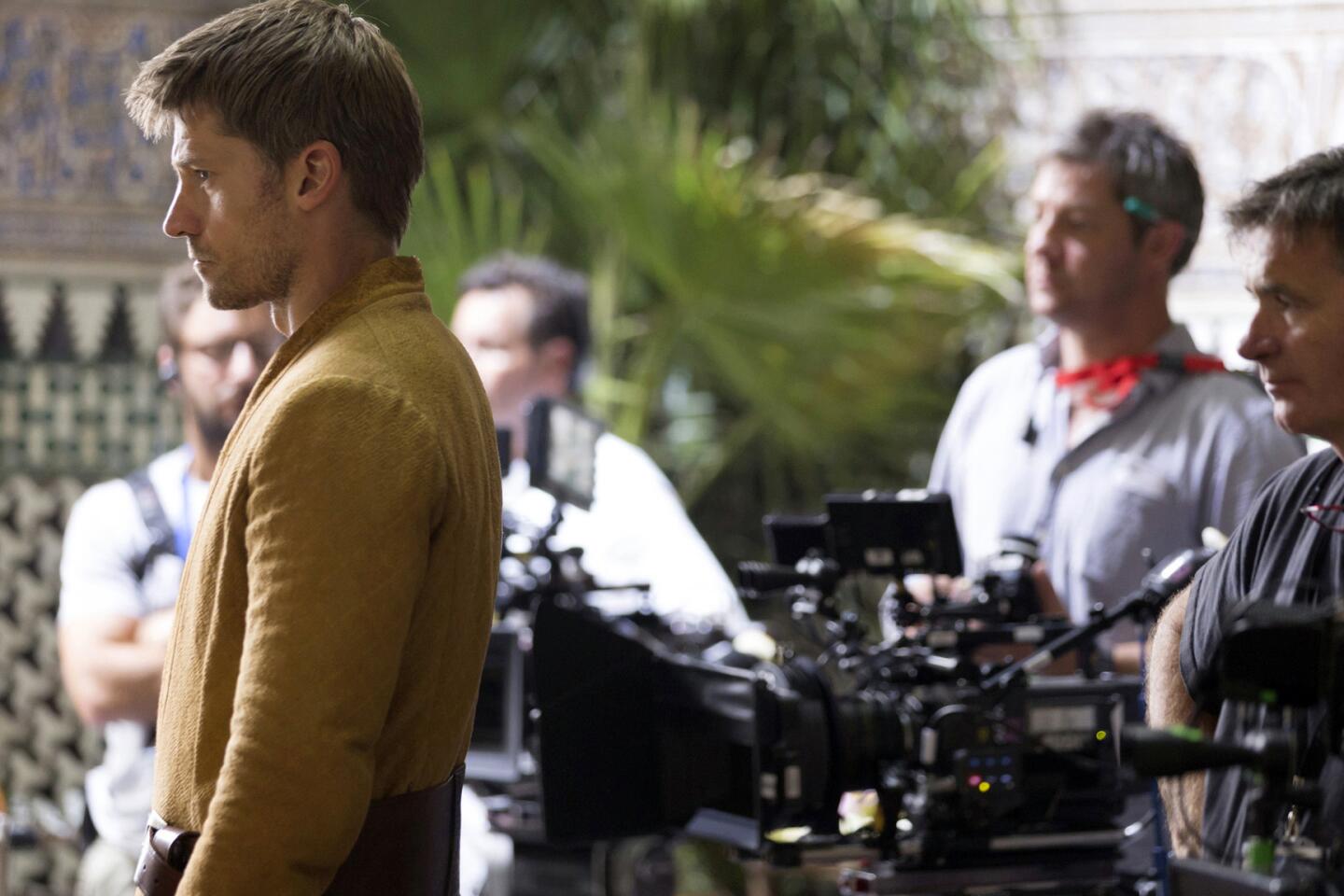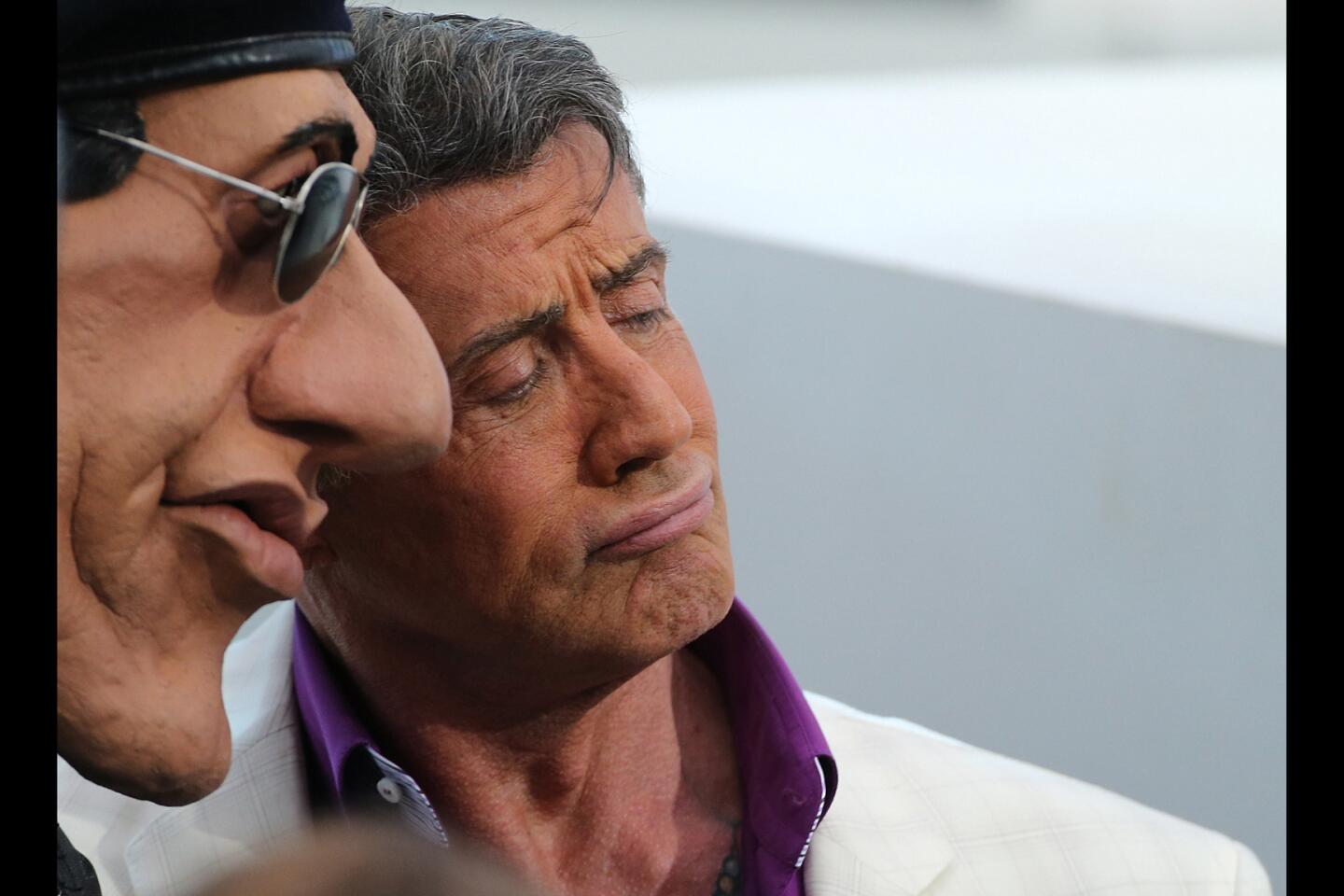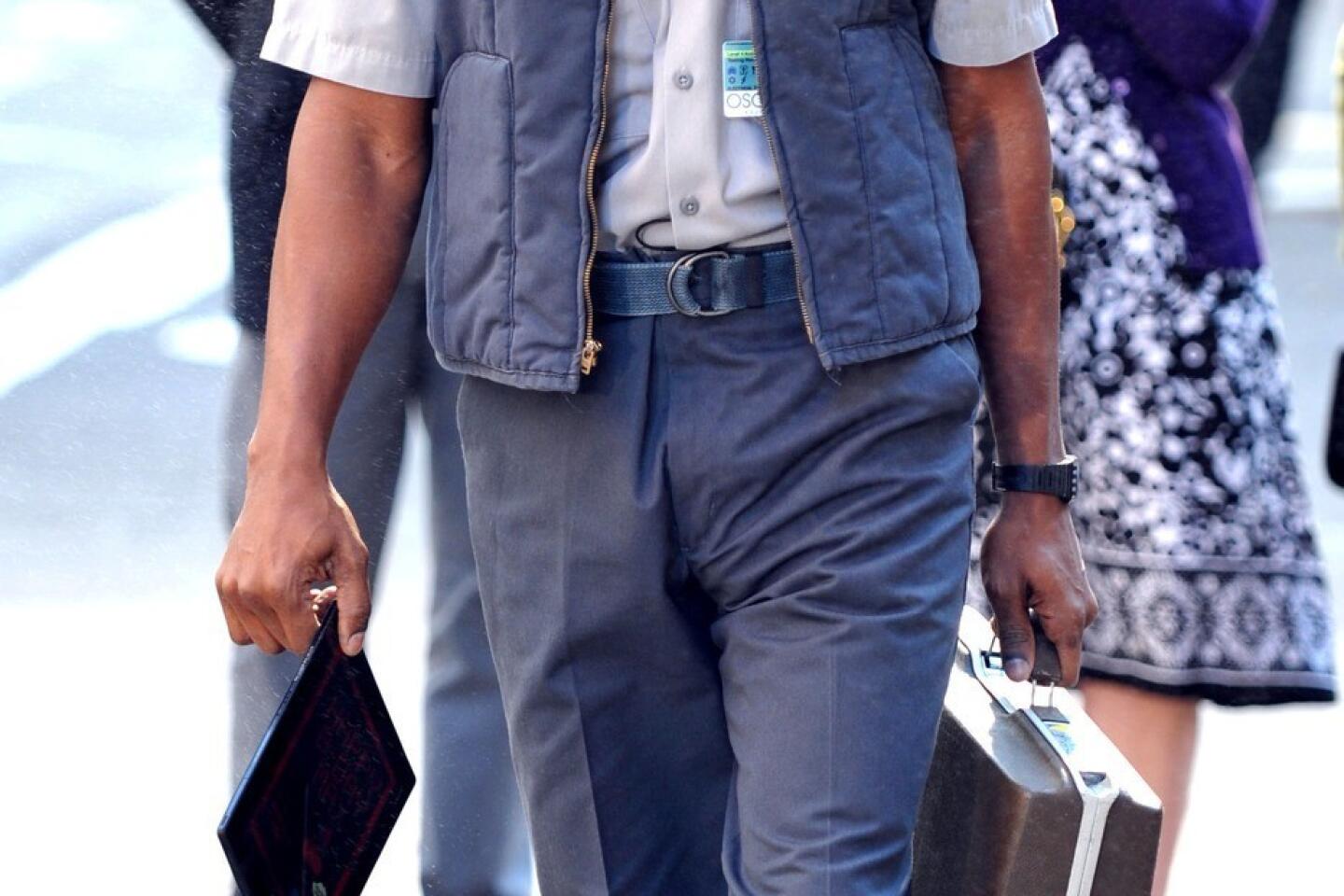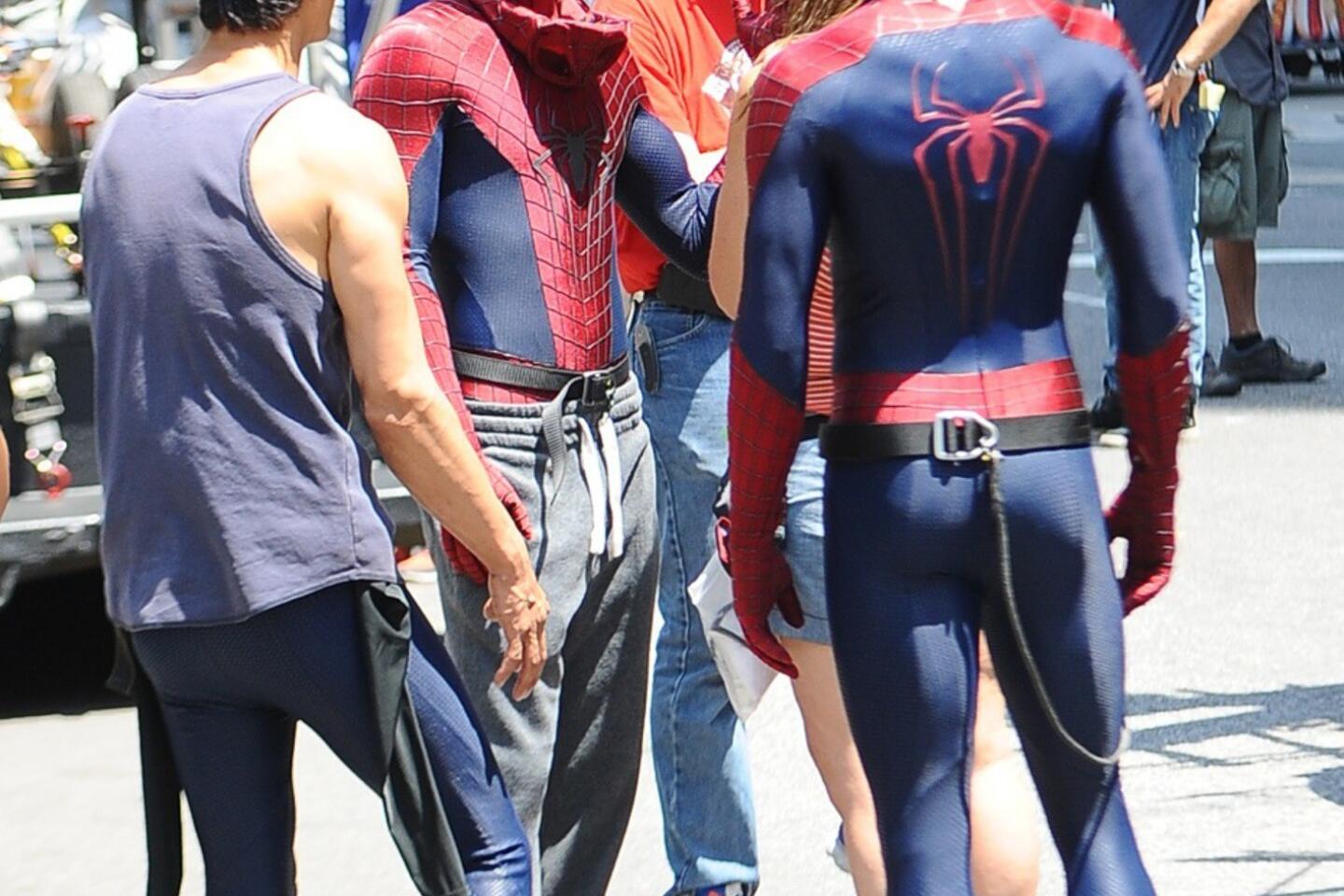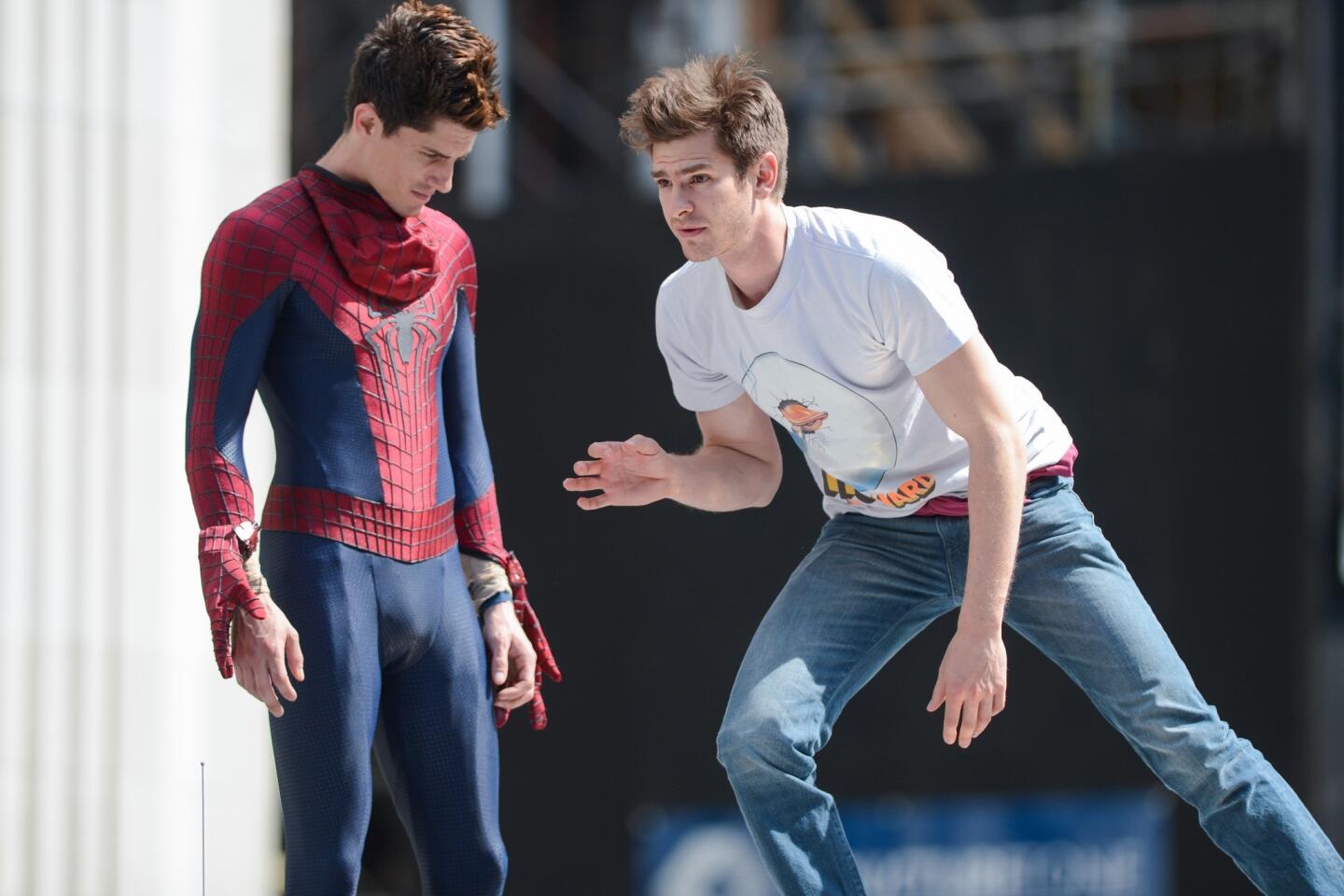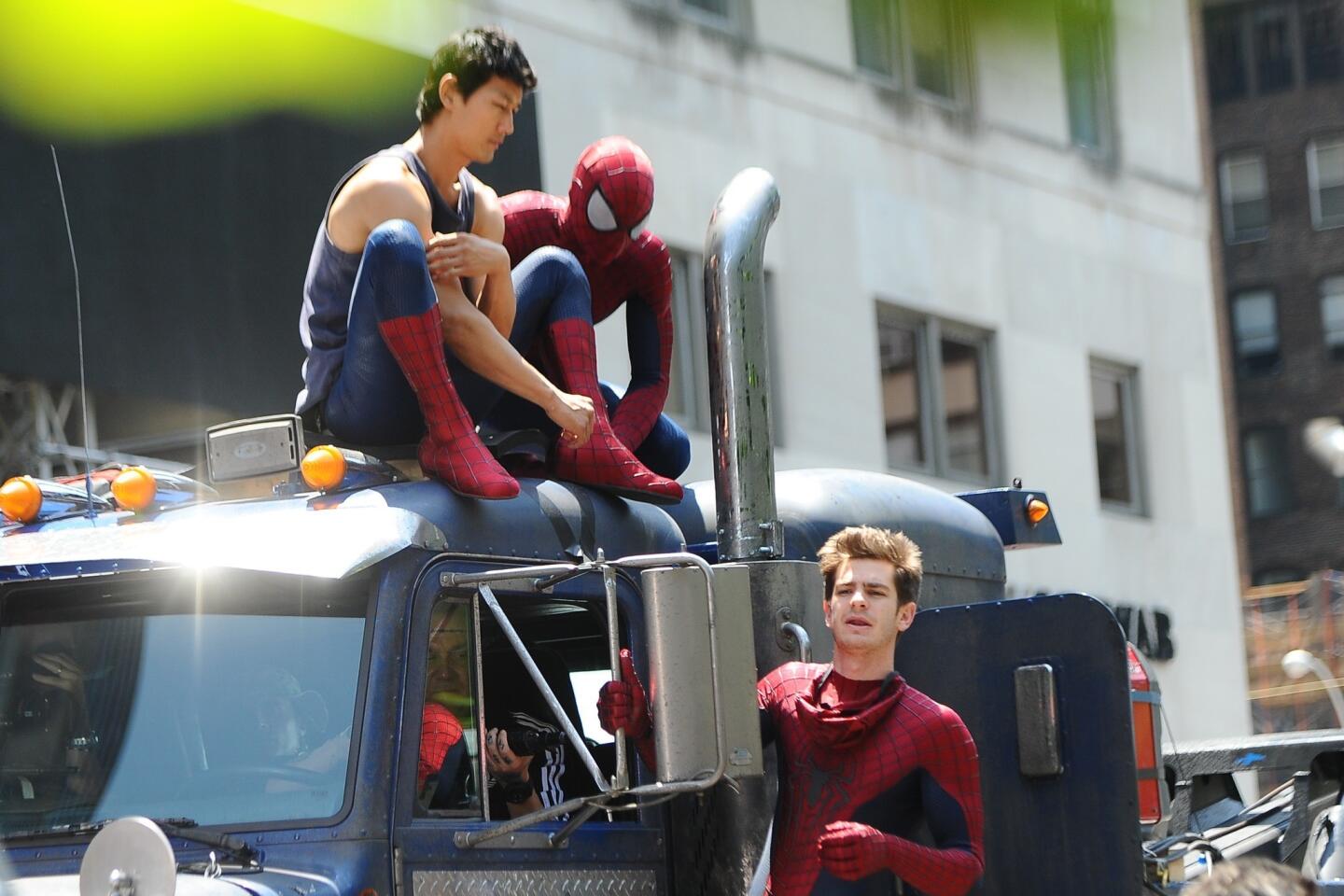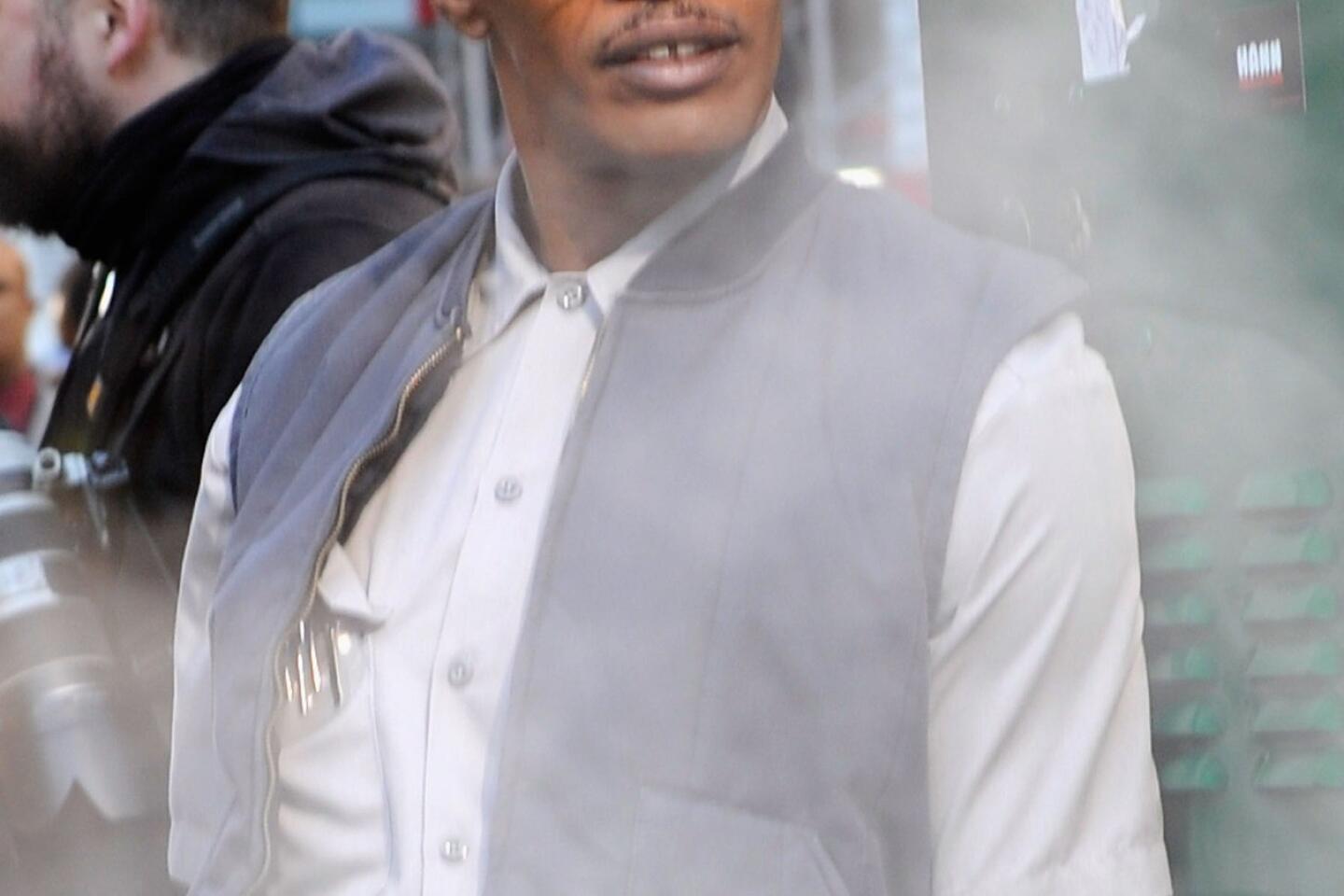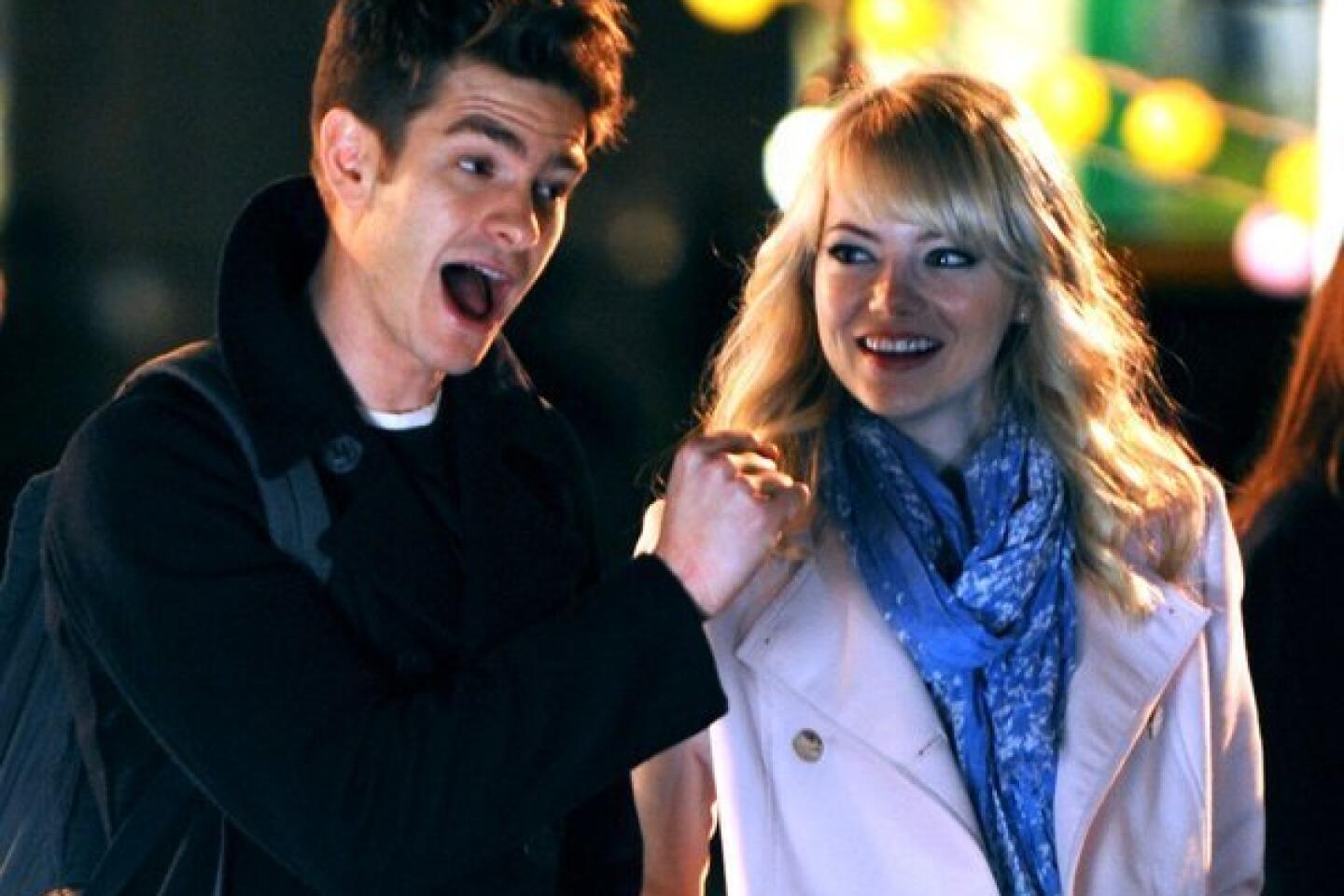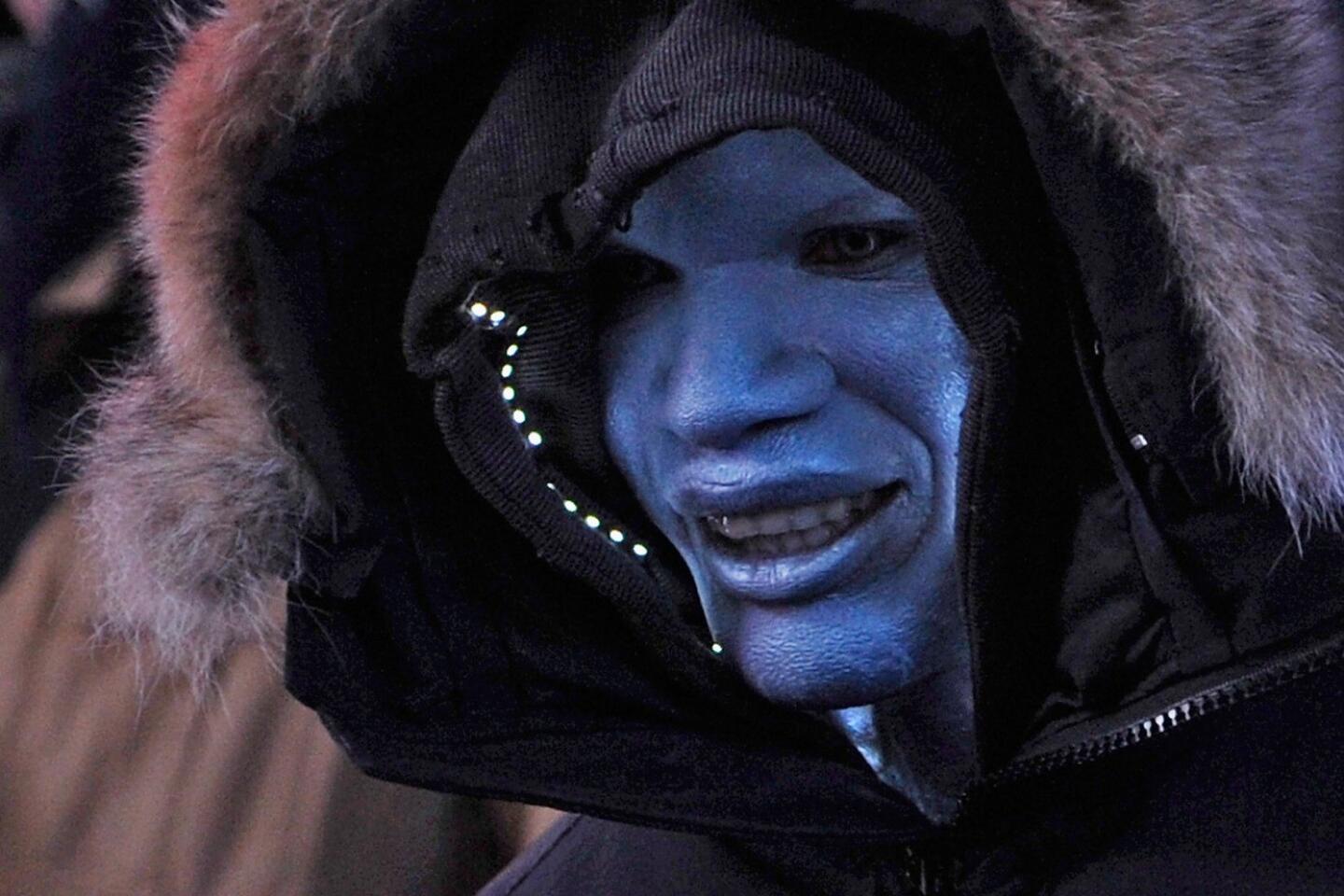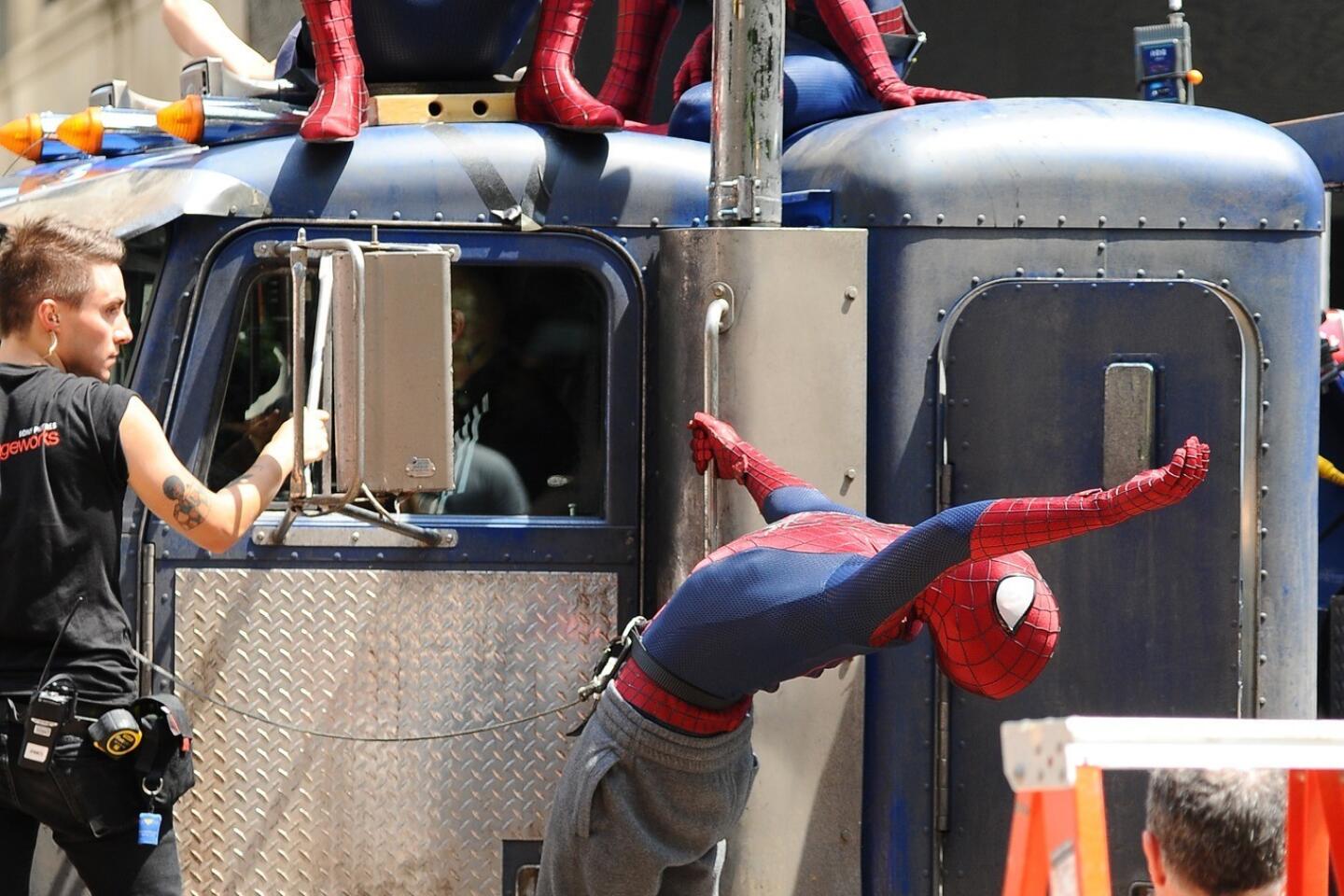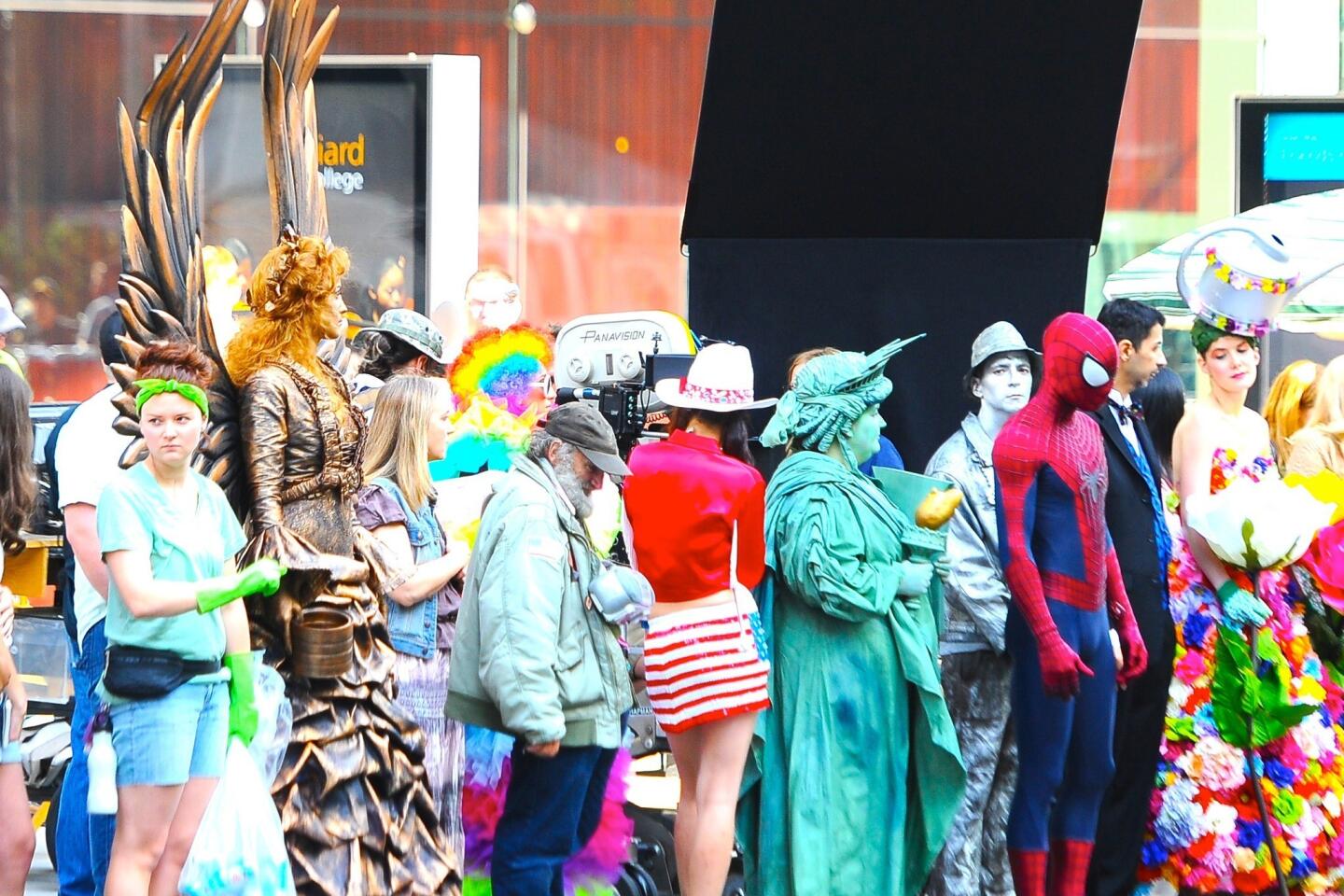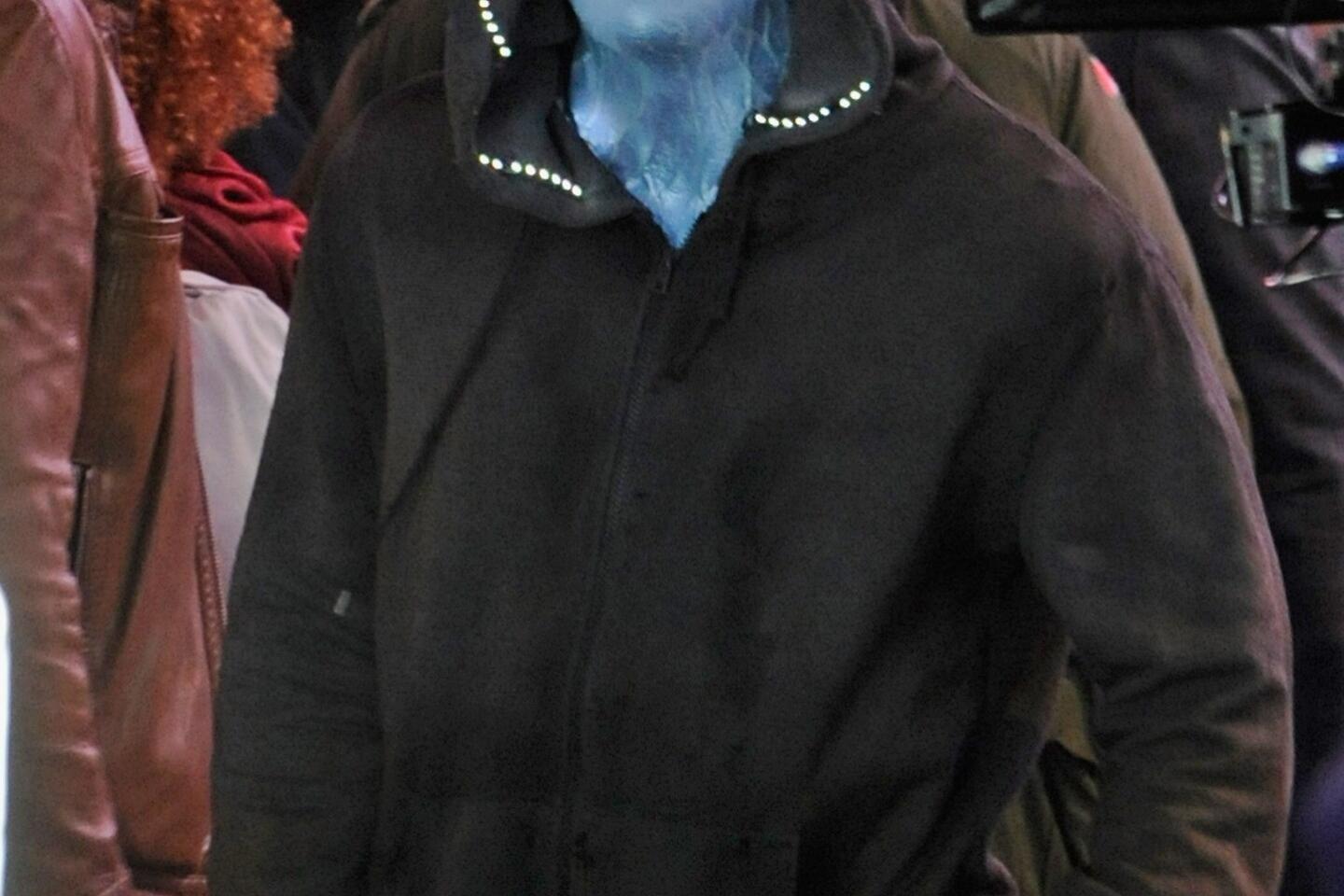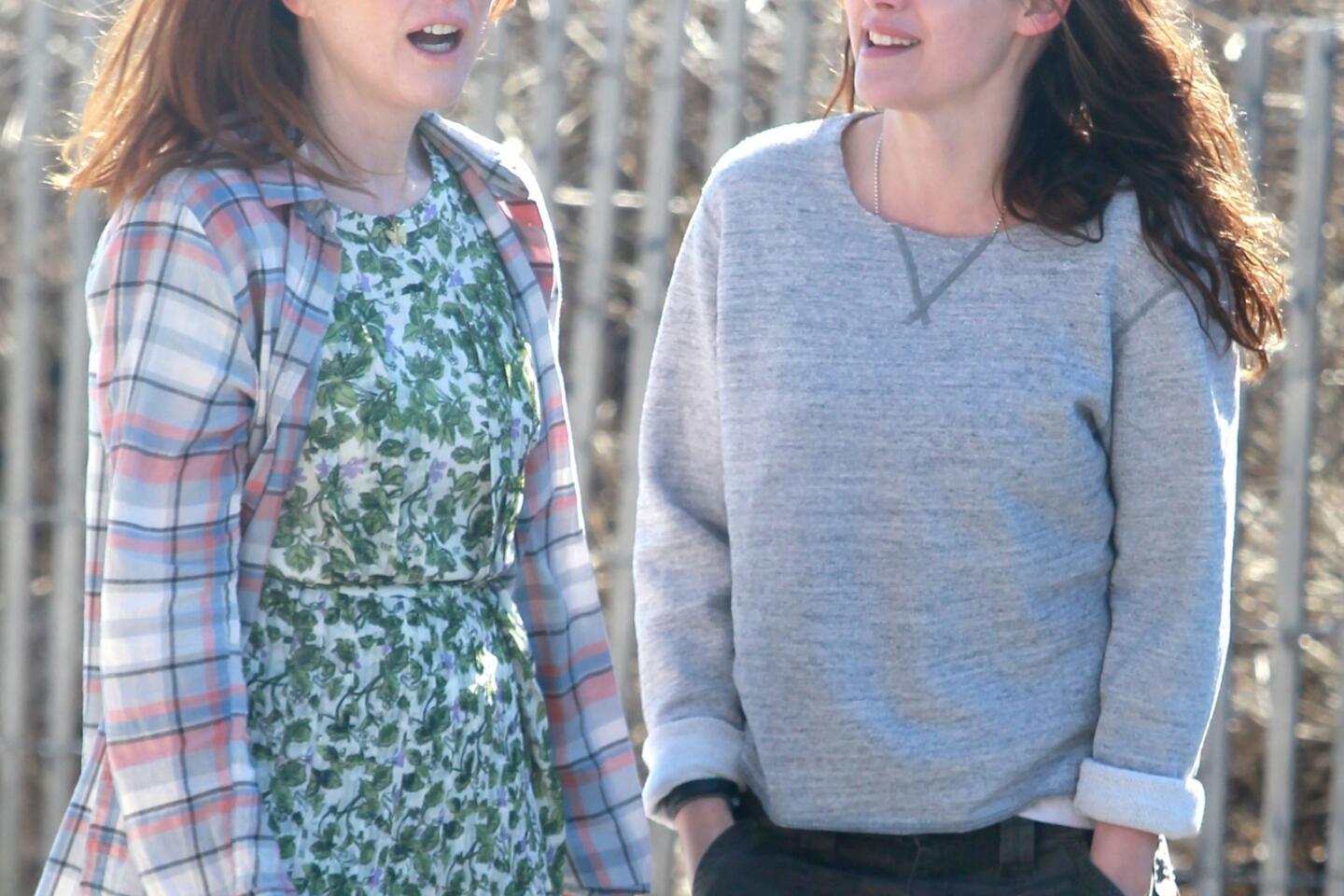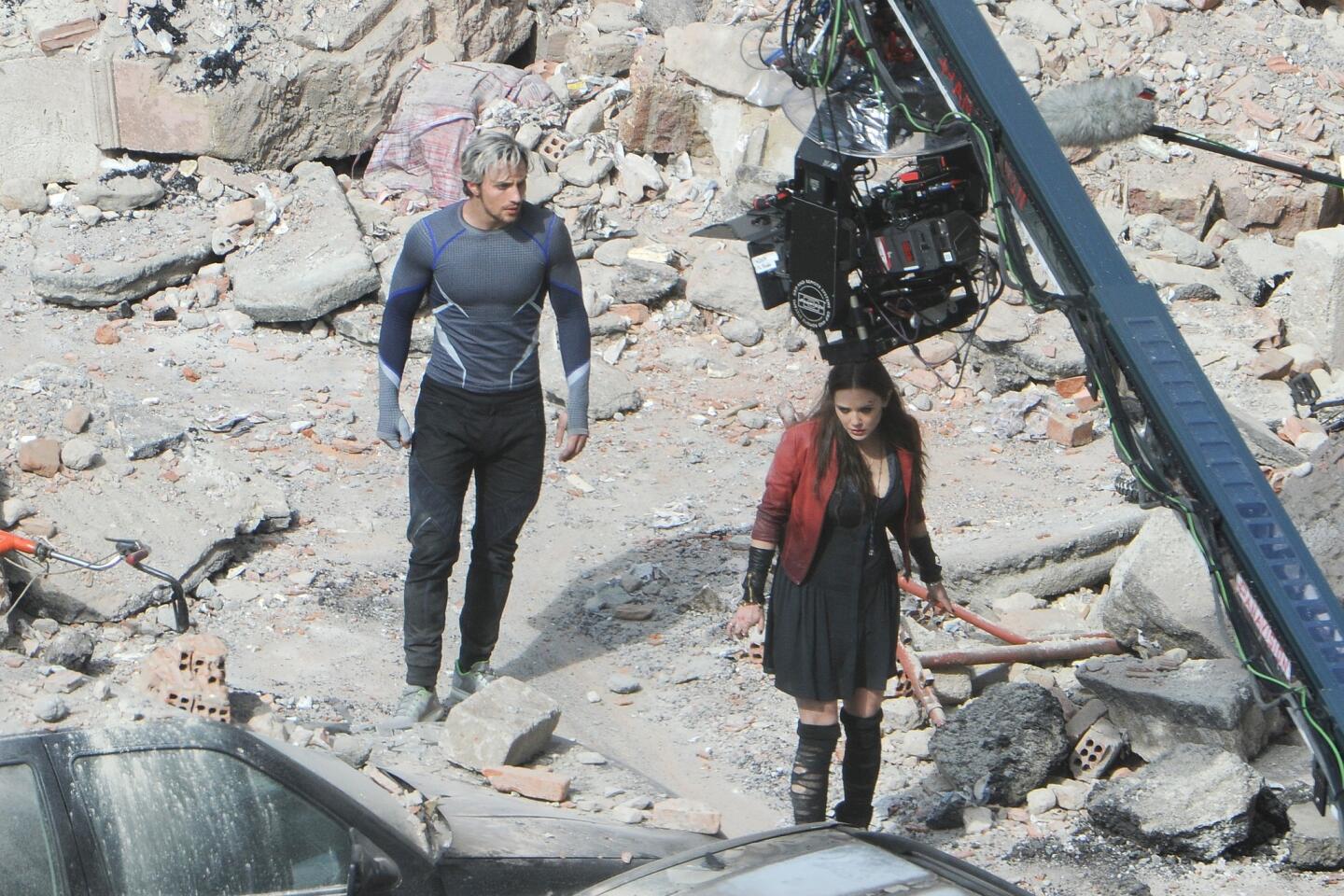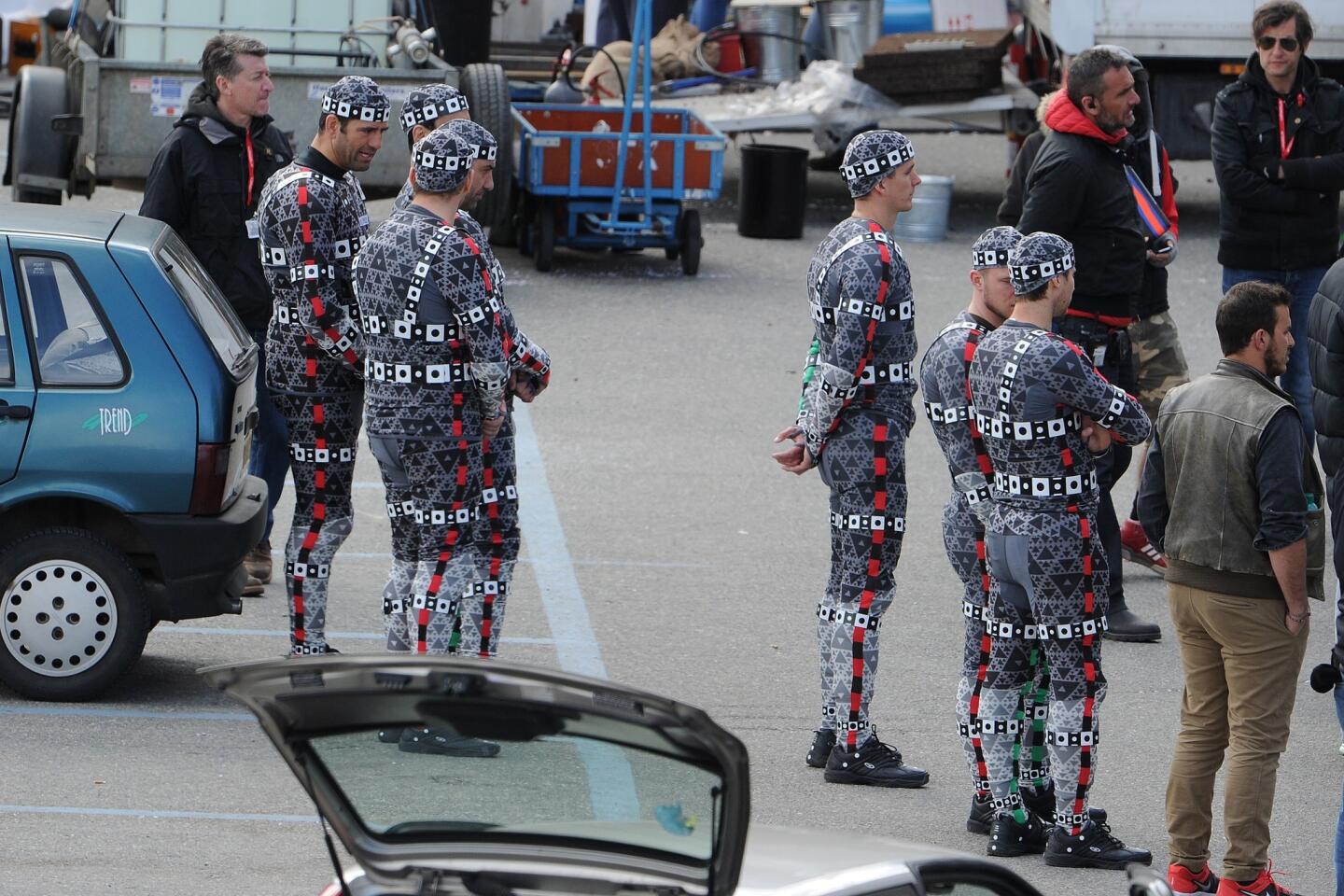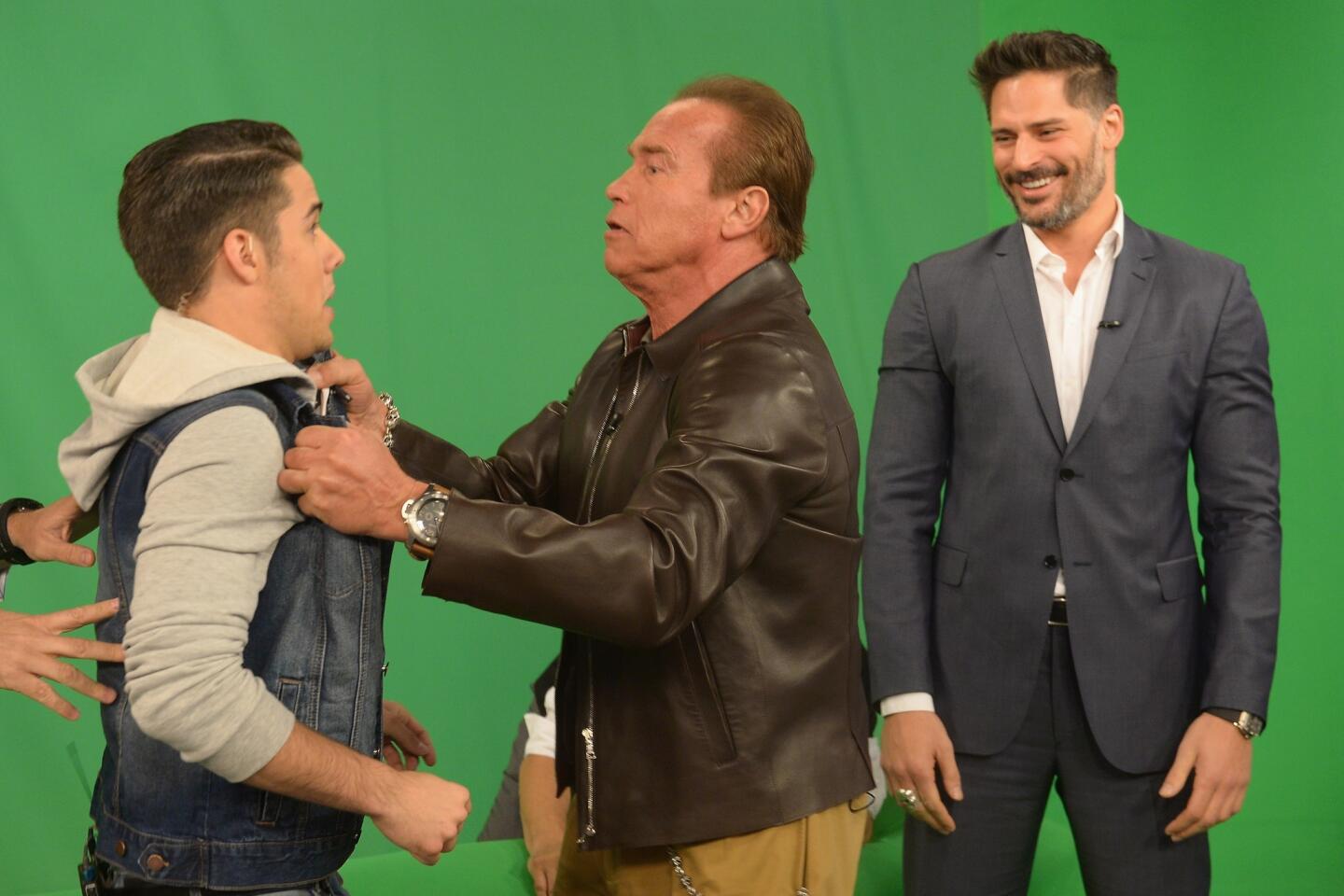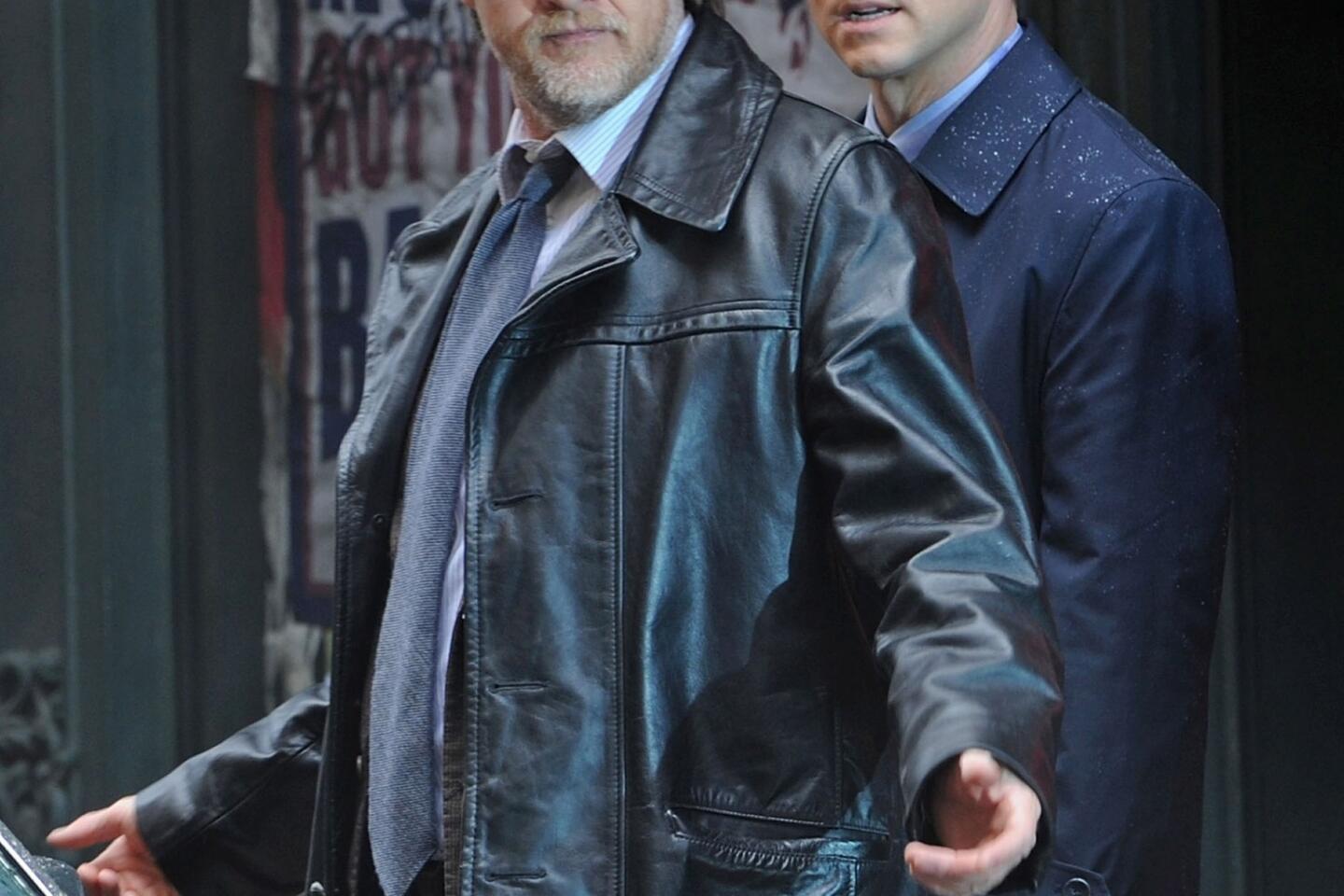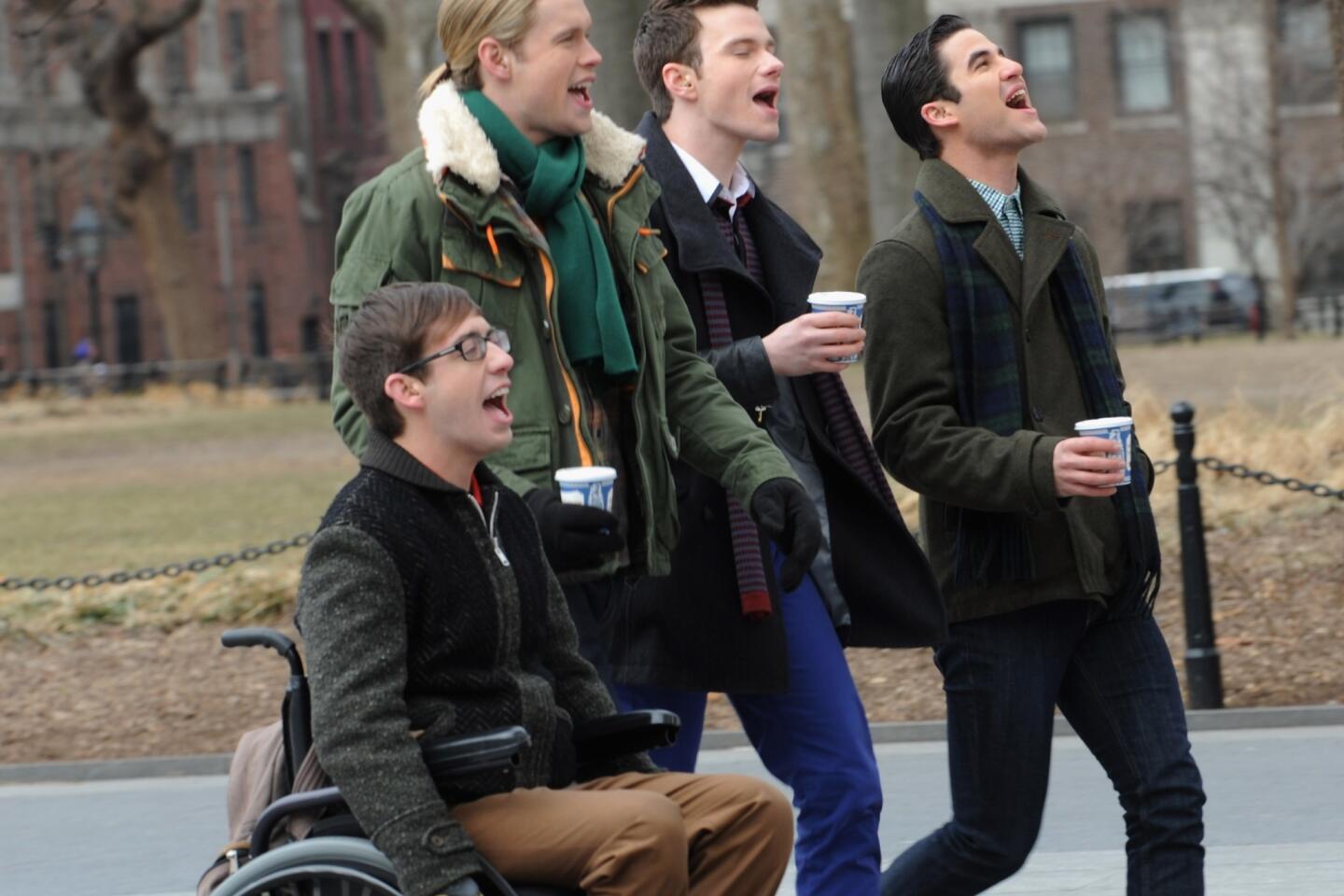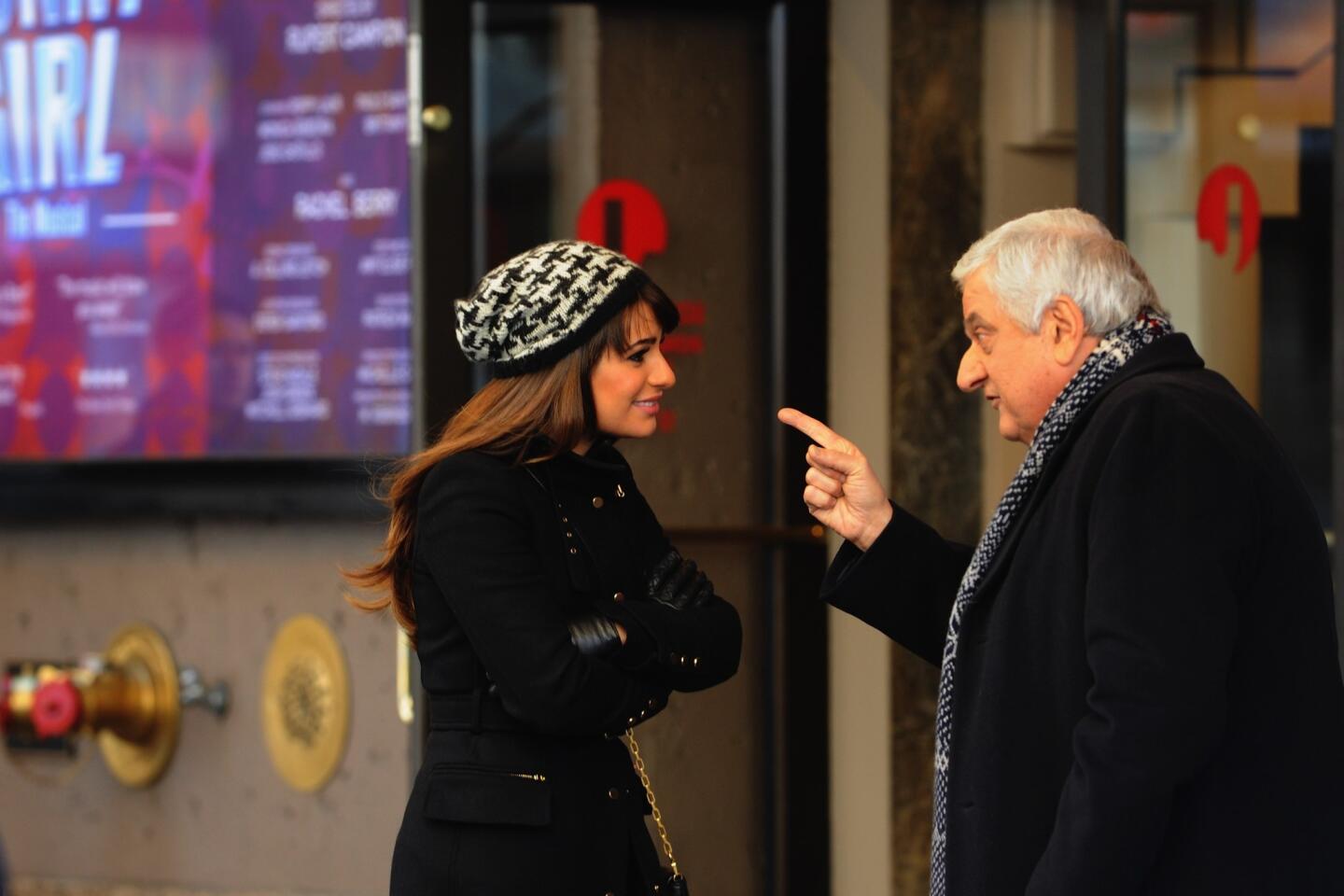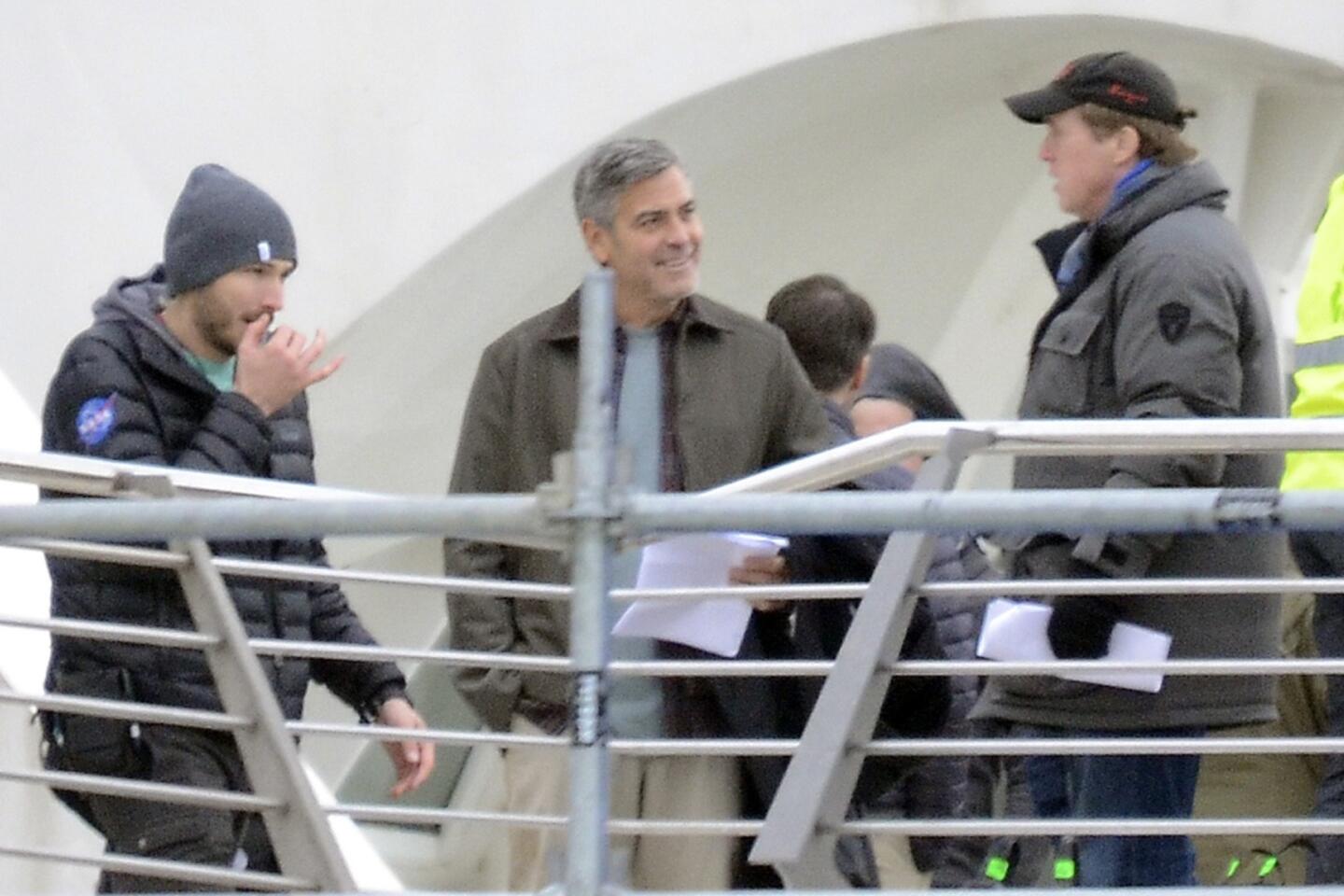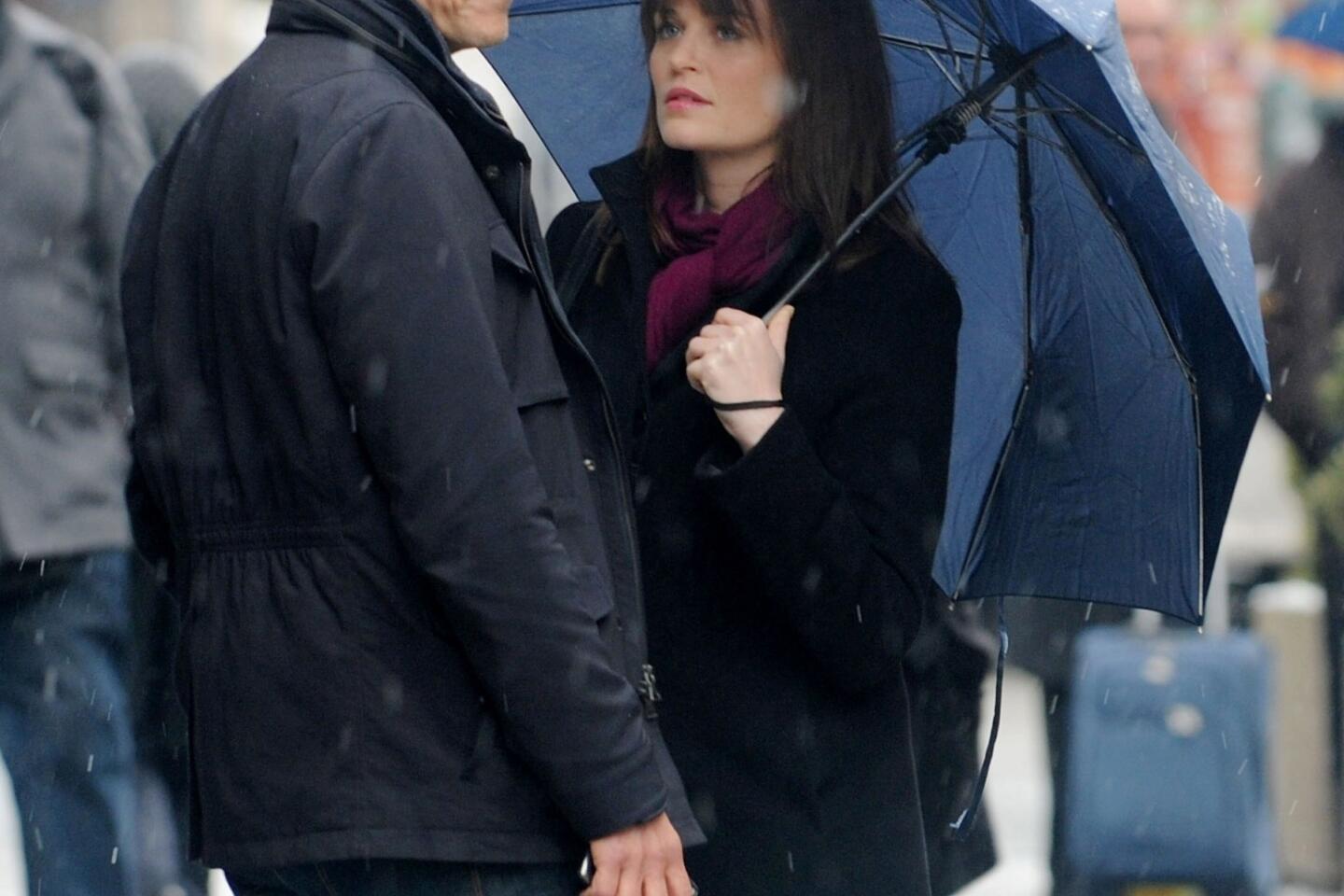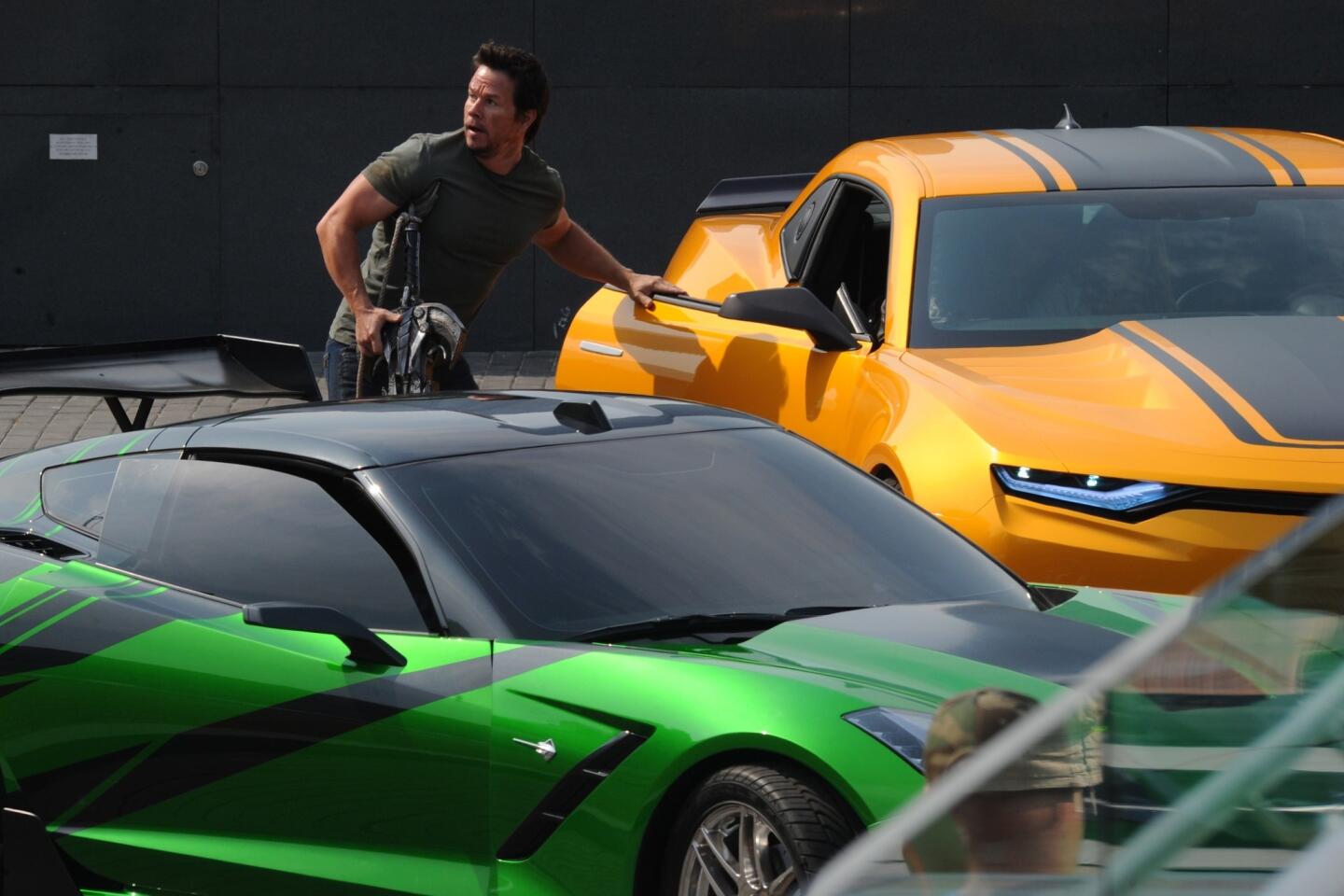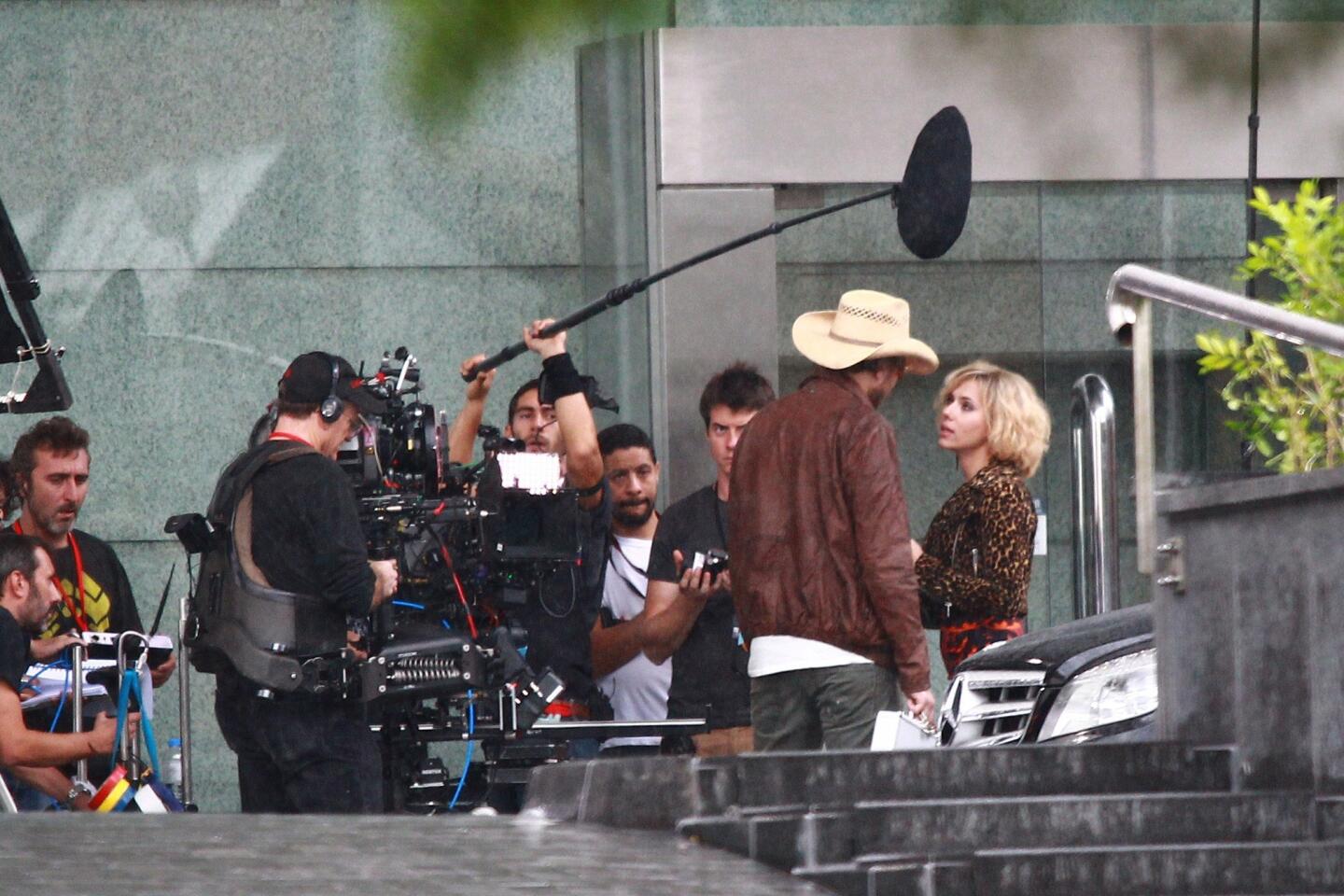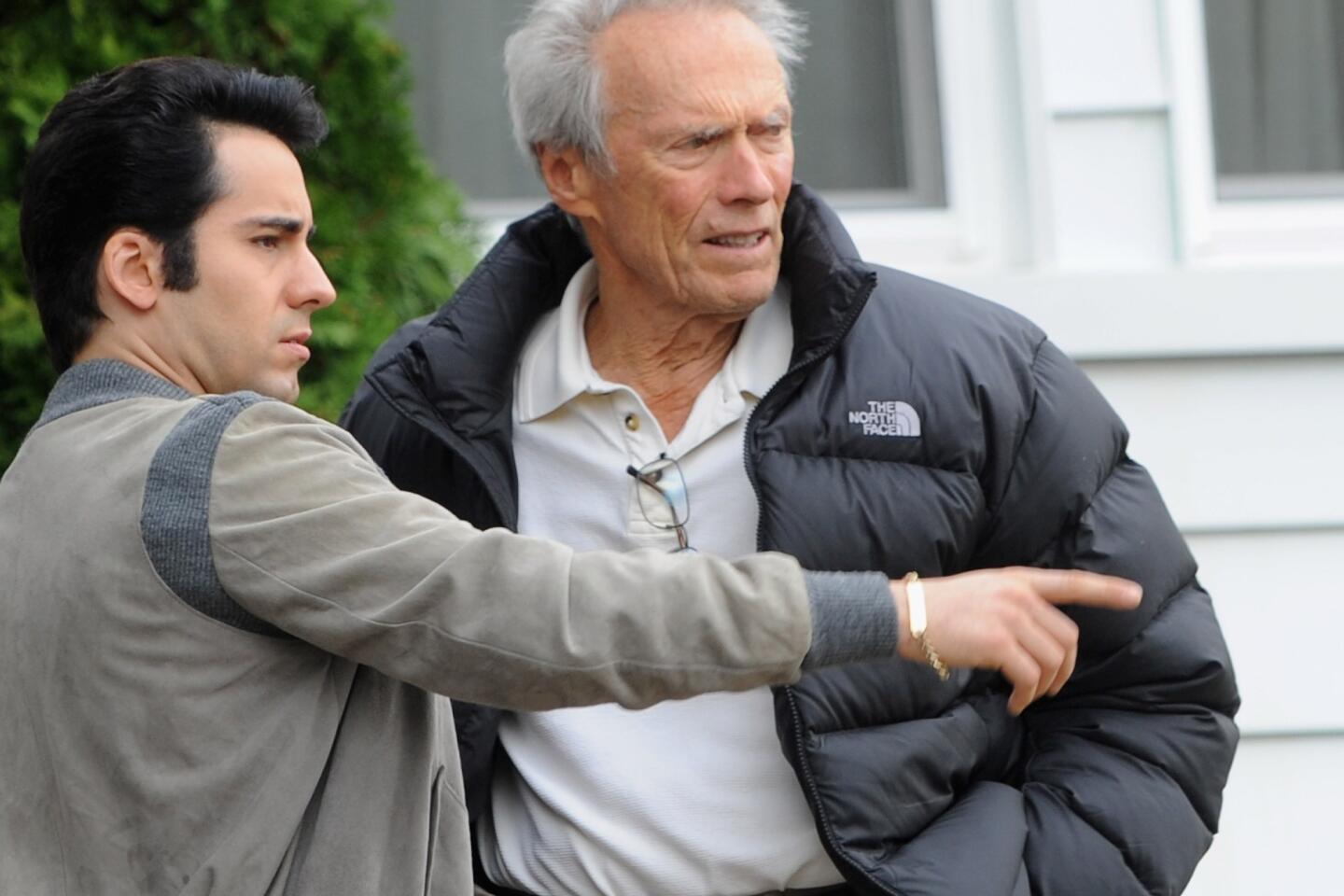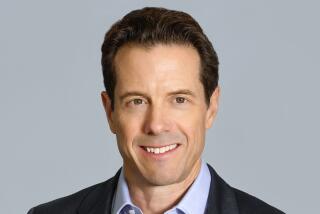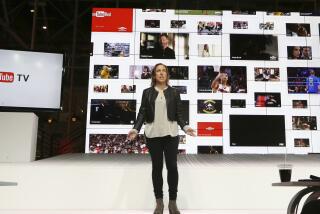Google’s YouTube to get new chief executive
- Share via
YouTube is getting a new boss with expertise in advertising, in an appointment that signals the Internet’s dominant online video site has entered a new phase in its evolution.
Google ad executive Susan Wojcicki will take over as head of YouTube, bringing years of expertise running the search giant’s lucrative advertising products — including AdWords, AdSense, Analytics and DoubleClick.
She succeeds Salar Kamangar, who has run the unit since YouTube co-founder Chad Hurley left the company in 2010.
Google Chief Executive Larry Page confirmed Wojcicki’s new role in a statement Wednesday.
FACES TO WATCH 2014: Digital media
“Salar and the whole YouTube team have built something amazing,” Page said. “YouTube is a billion-person global community curating videos for every possibility. Anyone uploading their creative content can reach the whole world and even make money. Like Salar, Susan has a healthy disregard for the impossible and is excited about improving YouTube.”
Wojcicki was a driving force behind Google’s 2006 acquisition of YouTube for $1.65 billion — a deal that, at the time, prompted skeptics to question the price paid for a site derided as a haven for amateur videos of skateboarding dogs, painful pratfalls and home videos of cute babies.
But YouTube has grown substantially since then, reaching a global audience of 1 billion monthly visitors, 40% of whom watch videos via mobile phones and tablets.
Kamangar, a Stanford biology graduate and member of Google’s inner circle, is credited with leading the product and engineering teams that built YouTube’s technical infrastructure, allowing its videos to flow around the globe, into 61 countries, and onto mobile devices.
ON LOCATION: Where the cameras roll
Wojcicki represents the next chapter for YouTube.
The mother of four, who is a passionate advocate for increasing women’s participation in computer science, has deep ties to the company’s founders. She rented her Palo Alto garage to Google co-founders Page and Sergey Brin, who used it as their first office in 1998, and joined the tiny company as its 16th hire.
Wojcicki has an appetite for tackling big projects — championing Google’s $3.1-billion purchase of DoubleClick in a move that expanded the search giant’s online advertising reach into display ads. She has also defended novel approaches to advertising, such as TrueView, which allows YouTube viewers to skip commercials that don’t interest them — and allowing advertisers to pay only for ads that have been watched.
In a recent interview with Forbes magazine, Wojcicki said she believes that advertising will eventually follow consumers online.
PHOTOS: Celebrities by The Times
“There’s no reason the dollars should not be equivalent to time spent,” Wojcicki said. “If a third of Americans’ time is being spent online, why is only a quarter of ad dollars spent there? A big chunk of the dollars will follow.”
At YouTube, Wojcicki will confront a creator community that complains about the lack of predictable revenue from the site, and media buyers who would prefer YouTube emulate the familiar world of network TV, where marketers know the programming slate in advance of making a commercial buy.
YouTube has made some efforts to mirror the traditional media world, investing $200 million to attract established Hollywood figures to create a professional grade of entertainment content — to mixed results.
Google struck a deal with Nielsen last fall to allow the independent research service to place measurement tags on ads running on YouTube, to allow marketers to monitor the performance of their campaigns. The decision was viewed as an effort to bolster advertising.
VIRTUAL TOUR: Hollywood’s Walk of Fame
The site appears to be making headway. Researcher EMarketer estimates YouTube brought in $5.6 billion in ad revenue last year. After paying advertising partners and content creators, EMarketer projects it netted $1.96 billion — an increase of 66% over the previous year — though one person with knowledge of the situation said those estimates are too high.
Veteran marketing and advertising executive Tim Hanlon said that Google’s selection of Wojcicki — a respected technologist with deep ties to the advertising community — shows that the search giant continues to think like a technology company, not a media player.
“YouTube has to figure out … what advertising and perhaps other monetization models look like,” said Hanlon, CEO of the Vertere Group. “I don’t think algorithms and search-related targeting is necessarily going to solve those media-related type issues.”
More to Read
From the Oscars to the Emmys.
Get the Envelope newsletter for exclusive awards season coverage, behind-the-scenes stories from the Envelope podcast and columnist Glenn Whipp’s must-read analysis.
You may occasionally receive promotional content from the Los Angeles Times.
